
The Sensory Adventure: Nurturing Sensory Development in Toddlers
The Sensory Adventure: Nurturing Sensory Development in Toddlers
Sensory development is a crucial aspect of a toddler's growth and plays a significant role in their understanding of the world. Through their senses, toddlers explore, learn, and make sense of their surroundings. In this blog, we will delve into the importance of sensory development in toddlers, explore the different sensory systems, and provide practical strategies to support and enhance sensory experiences during this critical stage of early childhood.
Sensory development is a crucial aspect of toddlers' overall growth and learning. Through their senses, toddlers explore and make sense of the world around them.
Here are some important areas of sensory development in toddlers:
1. Vision:

Toddlers' visual abilities continue to improve during this stage. They develop depth perception, the ability to track moving objects, and more accurate visual discrimination. Provide colorful and visually stimulating toys, books, and objects to support their visual development.
2. Hearing:
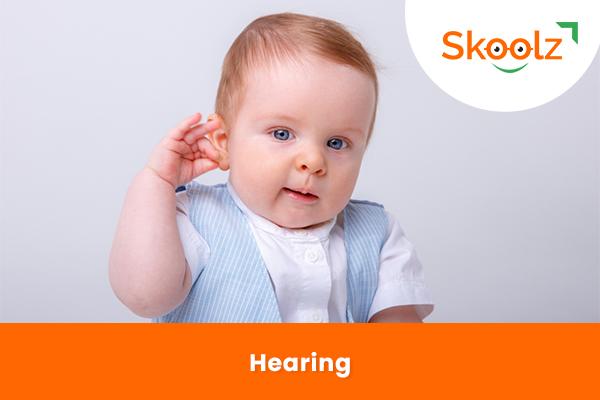
Toddlers' hearing becomes more refined, and they can differentiate between different sounds and tones. They respond to familiar voices, enjoy listening to music, and start recognizing and imitating simple sounds. Engage them in activities that involve listening to sounds, such as identifying animal sounds or musical instruments.
3. Touch:
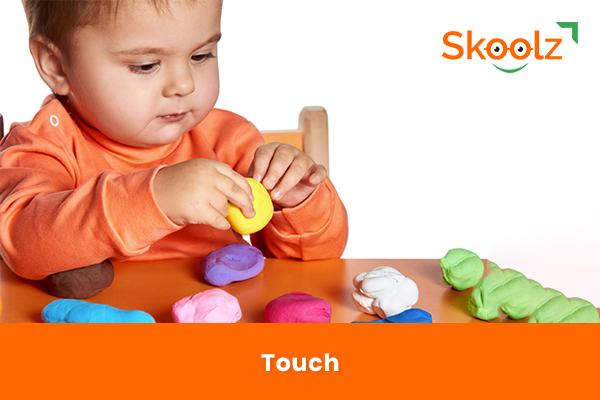
Toddlers use their sense of touch to explore textures, temperatures, and surfaces. Provide a variety of tactile experiences through sensory play, such as sand, water, playdough, and different fabrics. Encourage them to touch and feel various objects to enhance their tactile development.
4. Taste:

Toddlers continue to refine their sense of taste and develop preferences for different flavors. Offer a variety of healthy foods and flavors to encourage their taste exploration. Allow them to try different textures and tastes, promoting a diverse palate.
5. Smell:
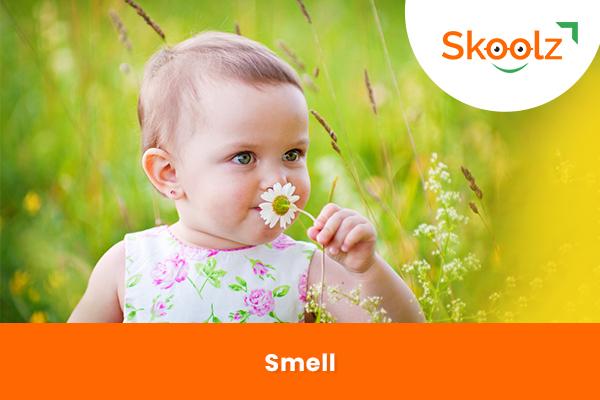
Toddlers' sense of smell develops further, and they can identify and differentiate various scents. Encourage them to smell different objects, flowers, or food items to stimulate their olfactory senses.
6. Proprioception:
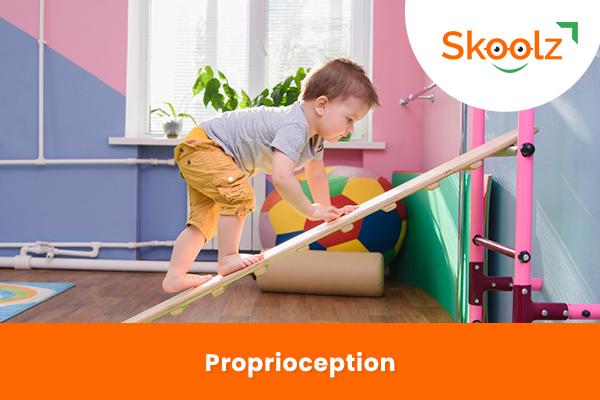
Proprioception refers to the sense of body awareness and position in space. Toddlers develop this sense through activities like climbing, jumping, crawling, and pushing/pulling objects. Provide opportunities for physical play and movement that challenge their balance and coordination.
7. Vestibular Sense:
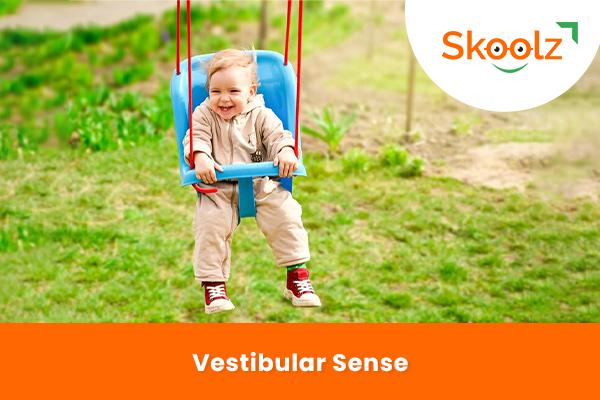
The vestibular sense relates to balance and movement. Toddlers refine their vestibular system through activities like swinging, spinning, and rocking. Engage them in age-appropriate movement activities to stimulate this sense and enhance their body awareness.
8. Multisensory Integration:
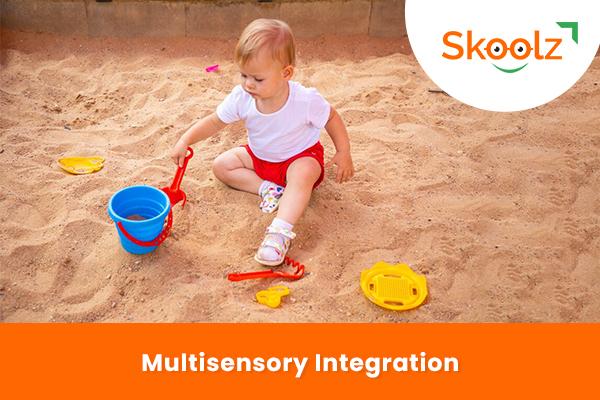
Toddlers learn to integrate information from multiple senses, allowing them to make connections and understand the world holistically. Provide opportunities for activities that engage multiple senses simultaneously, such as playing with water, sand, or finger painting.
Encourage sensory development in toddlers by offering a variety of sensory experiences, both indoors and outdoors. Allow them to explore different textures, sounds, smells, tastes, and movements in a safe and supervised environment. Sensory-rich play activities help toddlers develop their senses and promote their cognitive, physical, and emotional development.
The Importance of Sensory Development in Toddlers:
Sensory development is vital for a toddler's overall development. Here are some reasons why it is crucial:
1. Brain Development:
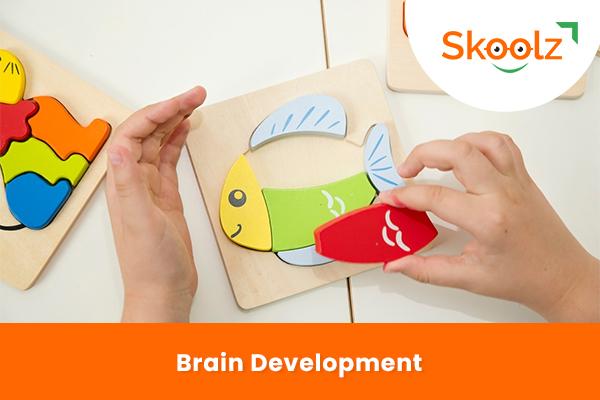
Sensory experiences stimulate neural connections in the brain, supporting the development of various cognitive skills such as memory, attention, and problem-solving. By engaging the senses, toddlers strengthen neural pathways, which lay the foundation for future learning and development.
2. Language and Communication:
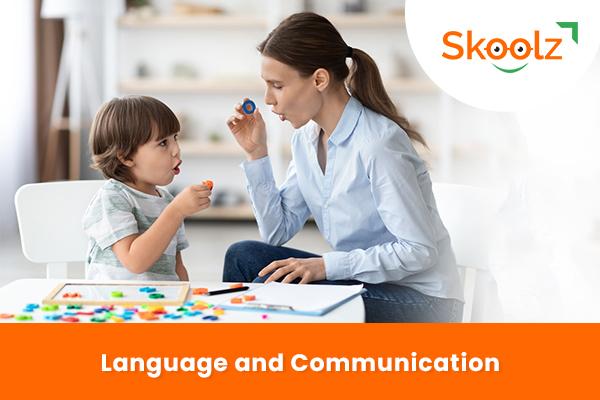
Sensory exploration contributes to language and communication development. As toddlers engage with different textures, sounds, and visual stimuli, they learn to associate words with sensory experiences, expanding their vocabulary and comprehension.
3. Motor Skills:
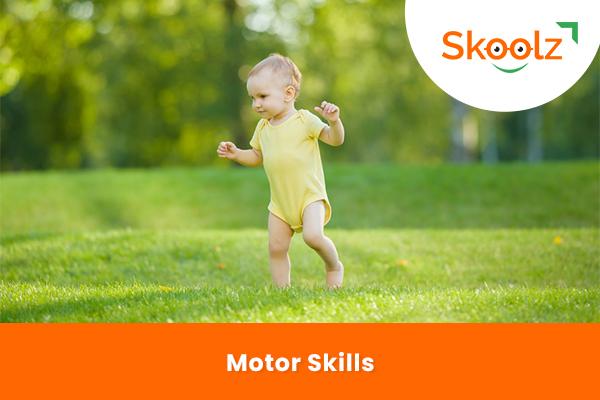
Sensory play promotes the development of fine and gross motor skills. Activities that involve manipulating objects, balancing, or reaching for items enhance muscle coordination, balance, and hand-eye coordination.
4. Emotional Regulation:
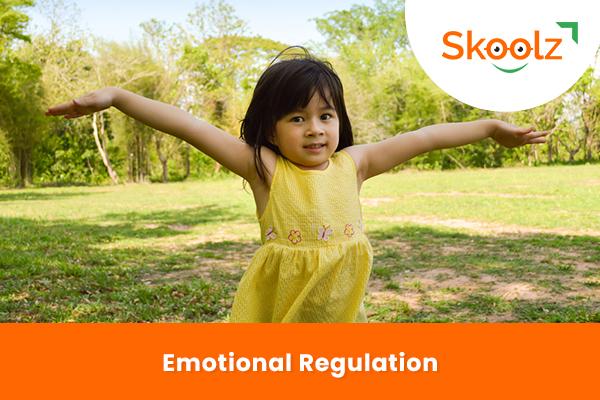
Sensory experiences help toddlers regulate their emotions. Engaging in sensory activities, such as playing with sensory bins or exploring different textures, provides a calming and soothing effect, allowing toddlers to manage their emotions effectively.
5. Social Interaction:
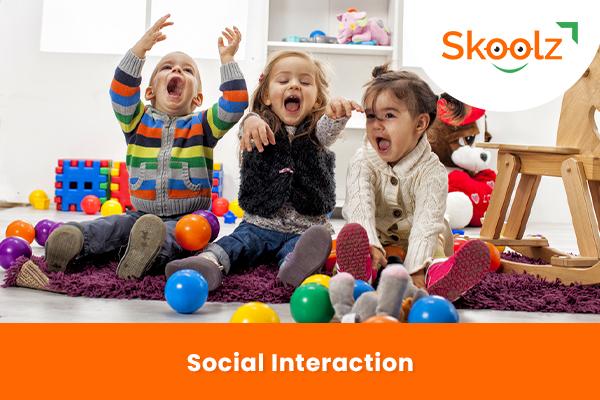
Sensory play often involves engaging with others, promoting social interaction, and building social skills. Sharing sensory experiences with peers or caregivers fosters communication, cooperation, and turn-taking, leading to positive social development.
Practical Strategies to Enhance Sensory Development in Toddlers:
Here are some practical strategies to support and enhance sensory experiences in toddlers:
1. Sensory Play:
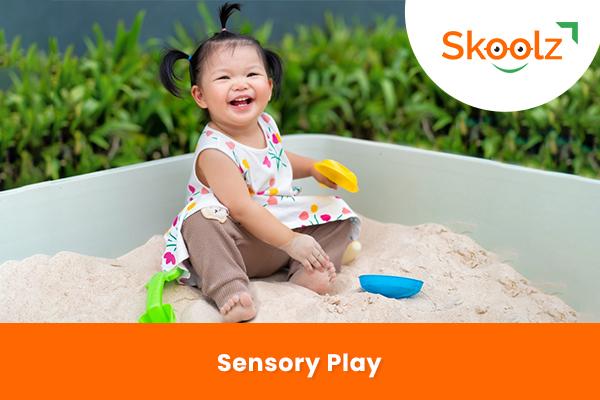
Provide opportunities for sensory play using various materials such as water, sand, playdough, or sensory bins filled with items like rice, beans, or natural materials. Encourage toddlers to explore and manipulate these materials, engaging their senses of touch, sight, and sound.
2. Outdoor Exploration:
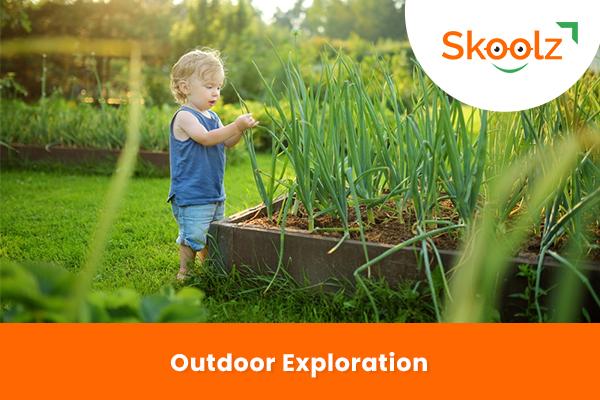
Take toddlers outdoors to experience nature and engage with their senses. Let them explore different textures, listen to the sounds of birds or leaves rustling, and observe the colors and patterns in the environment.
3. Music and Movement:
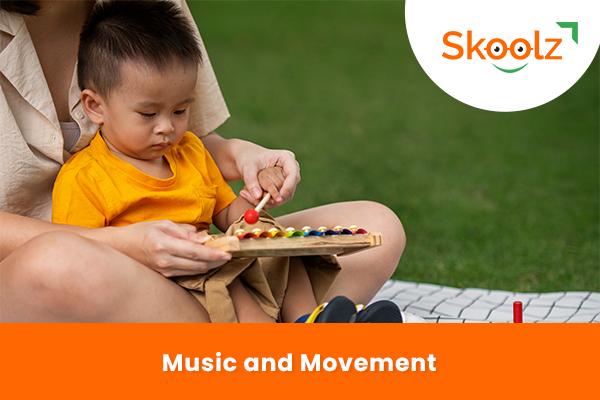
Engage toddlers in music and movement activities that stimulate their auditory and proprioceptive senses. Sing songs, dance, or play musical instruments together, allowing them to respond to different rhythms and movements.
4. Artistic Expression:
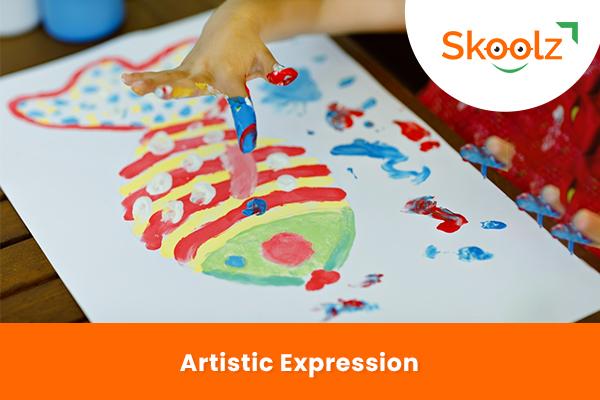
Encourage artistic activities such as finger painting, drawing, or collage-making. These activities engage the tactile and visual senses, allowing toddlers to express their creativity while experiencing different textures, colors, and shapes.
5. Sensory Storytime:
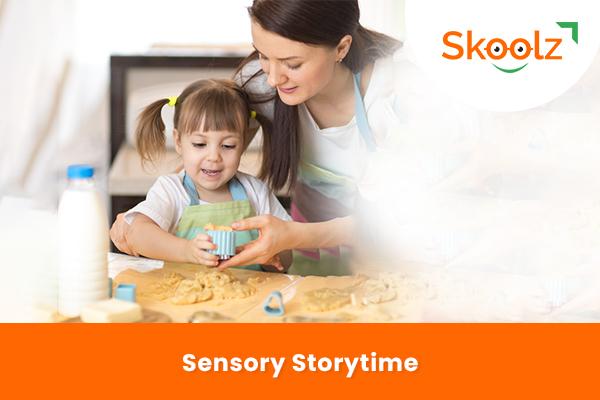
Incorporate sensory elements into storytelling by using props, textures, or scents that align with the narrative. Encourage toddlers to engage with the story through sensory experiences, making the storytelling process more immersive and memorable.
6. Outdoor Sensory Walks:
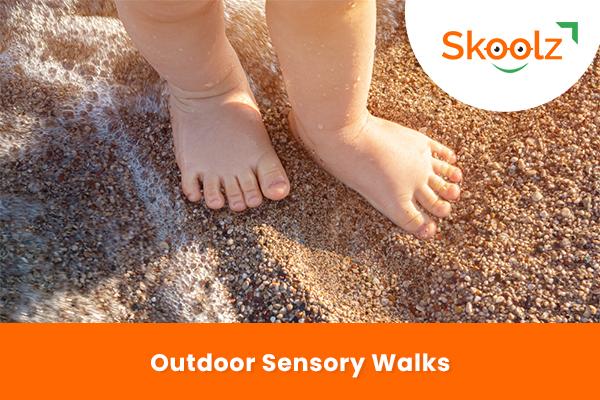
Take sensory walks in different environments, such as a park or garden. Encourage toddlers to touch leaves, smell flowers, listen to birds, or observe different textures, helping them connect with their senses and build sensory awareness.
7. Cooking and Baking:
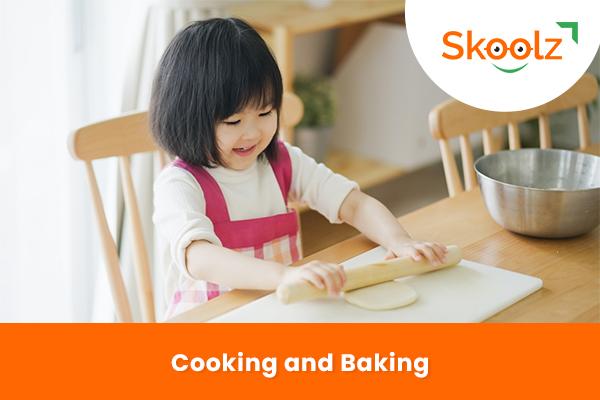
Involve toddlers in simple cooking or baking activities that engage their senses of taste, smell, and touch. Allow them to explore ingredients, taste different flavors, and participate in sensory-rich food preparation experiences.
8. Calm and Relaxation Time:
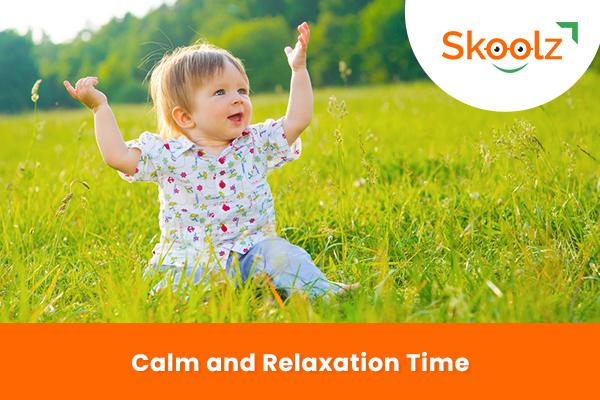
Create a quiet and calm space where toddlers can relax and engage in activities that promote sensory calmness, such as listening to soothing music, using sensory bottles, or practicing deep breathing exercises.
Conclusion
Nurturing sensory development in toddlers is crucial for their overall growth and well-being. By providing opportunities for sensory exploration, engaging in sensory-rich activities, and promoting a sensory-responsive environment, caregivers can support toddlers in developing their senses, fostering cognitive, motor, and emotional development. Embrace the sensory adventure and watch your toddler thrive as they engage with the world around them.
Disclaimer:
SKOOLZ.IN serves as a platform to connect parents and caregivers with hobby classes near them. While we strive to provide accurate and up-to-date information, we do not endorse or guarantee the quality of individual classes or providers. We encourage parents and caregivers to conduct thorough research and communicate directly with class providers to ensure the suitability, safety, and quality of the classes before enrolling their child.

Bhawana Mohane
Digital Marketer

The Sensory Adventure: Nurturing Sensory Development in Toddlers
Sensory development is a crucial aspect of a toddler's growth and plays a significant role in their understanding of the world. Through their senses, toddlers explore, learn, and make sense of their surroundings. In this blog, we will delve into the importance of sensory development in toddlers, explore the different sensory systems, and provide practical strategies to support and enhance sensory experiences during this critical stage of early childhood.
Sensory development is a crucial aspect of toddlers' overall growth and learning. Through their senses, toddlers explore and make sense of the world around them.
Here are some important areas of sensory development in toddlers:
1. Vision:

Toddlers' visual abilities continue to improve during this stage. They develop depth perception, the ability to track moving objects, and more accurate visual discrimination. Provide colorful and visually stimulating toys, books, and objects to support their visual development.
2. Hearing:

Toddlers' hearing becomes more refined, and they can differentiate between different sounds and tones. They respond to familiar voices, enjoy listening to music, and start recognizing and imitating simple sounds. Engage them in activities that involve listening to sounds, such as identifying animal sounds or musical instruments.
3. Touch:

Toddlers use their sense of touch to explore textures, temperatures, and surfaces. Provide a variety of tactile experiences through sensory play, such as sand, water, playdough, and different fabrics. Encourage them to touch and feel various objects to enhance their tactile development.
4. Taste:

Toddlers continue to refine their sense of taste and develop preferences for different flavors. Offer a variety of healthy foods and flavors to encourage their taste exploration. Allow them to try different textures and tastes, promoting a diverse palate.
5. Smell:

Toddlers' sense of smell develops further, and they can identify and differentiate various scents. Encourage them to smell different objects, flowers, or food items to stimulate their olfactory senses.
6. Proprioception:

Proprioception refers to the sense of body awareness and position in space. Toddlers develop this sense through activities like climbing, jumping, crawling, and pushing/pulling objects. Provide opportunities for physical play and movement that challenge their balance and coordination.
7. Vestibular Sense:

The vestibular sense relates to balance and movement. Toddlers refine their vestibular system through activities like swinging, spinning, and rocking. Engage them in age-appropriate movement activities to stimulate this sense and enhance their body awareness.
8. Multisensory Integration:

Toddlers learn to integrate information from multiple senses, allowing them to make connections and understand the world holistically. Provide opportunities for activities that engage multiple senses simultaneously, such as playing with water, sand, or finger painting.
Encourage sensory development in toddlers by offering a variety of sensory experiences, both indoors and outdoors. Allow them to explore different textures, sounds, smells, tastes, and movements in a safe and supervised environment. Sensory-rich play activities help toddlers develop their senses and promote their cognitive, physical, and emotional development.
The Importance of Sensory Development in Toddlers:
Sensory development is vital for a toddler's overall development. Here are some reasons why it is crucial:
1. Brain Development:

Sensory experiences stimulate neural connections in the brain, supporting the development of various cognitive skills such as memory, attention, and problem-solving. By engaging the senses, toddlers strengthen neural pathways, which lay the foundation for future learning and development.
2. Language and Communication:

Sensory exploration contributes to language and communication development. As toddlers engage with different textures, sounds, and visual stimuli, they learn to associate words with sensory experiences, expanding their vocabulary and comprehension.
3. Motor Skills:

Sensory play promotes the development of fine and gross motor skills. Activities that involve manipulating objects, balancing, or reaching for items enhance muscle coordination, balance, and hand-eye coordination.
4. Emotional Regulation:

Sensory experiences help toddlers regulate their emotions. Engaging in sensory activities, such as playing with sensory bins or exploring different textures, provides a calming and soothing effect, allowing toddlers to manage their emotions effectively.
5. Social Interaction:

Sensory play often involves engaging with others, promoting social interaction, and building social skills. Sharing sensory experiences with peers or caregivers fosters communication, cooperation, and turn-taking, leading to positive social development.
Practical Strategies to Enhance Sensory Development in Toddlers:
Here are some practical strategies to support and enhance sensory experiences in toddlers:
1. Sensory Play:

Provide opportunities for sensory play using various materials such as water, sand, playdough, or sensory bins filled with items like rice, beans, or natural materials. Encourage toddlers to explore and manipulate these materials, engaging their senses of touch, sight, and sound.
2. Outdoor Exploration:

Take toddlers outdoors to experience nature and engage with their senses. Let them explore different textures, listen to the sounds of birds or leaves rustling, and observe the colors and patterns in the environment.
3. Music and Movement:

Engage toddlers in music and movement activities that stimulate their auditory and proprioceptive senses. Sing songs, dance, or play musical instruments together, allowing them to respond to different rhythms and movements.
4. Artistic Expression:

Encourage artistic activities such as finger painting, drawing, or collage-making. These activities engage the tactile and visual senses, allowing toddlers to express their creativity while experiencing different textures, colors, and shapes.
5. Sensory Storytime:

Incorporate sensory elements into storytelling by using props, textures, or scents that align with the narrative. Encourage toddlers to engage with the story through sensory experiences, making the storytelling process more immersive and memorable.
6. Outdoor Sensory Walks:

Take sensory walks in different environments, such as a park or garden. Encourage toddlers to touch leaves, smell flowers, listen to birds, or observe different textures, helping them connect with their senses and build sensory awareness.
7. Cooking and Baking:

Involve toddlers in simple cooking or baking activities that engage their senses of taste, smell, and touch. Allow them to explore ingredients, taste different flavors, and participate in sensory-rich food preparation experiences.
8. Calm and Relaxation Time:

Create a quiet and calm space where toddlers can relax and engage in activities that promote sensory calmness, such as listening to soothing music, using sensory bottles, or practicing deep breathing exercises.
Conclusion
Nurturing sensory development in toddlers is crucial for their overall growth and well-being. By providing opportunities for sensory exploration, engaging in sensory-rich activities, and promoting a sensory-responsive environment, caregivers can support toddlers in developing their senses, fostering cognitive, motor, and emotional development. Embrace the sensory adventure and watch your toddler thrive as they engage with the world around them.
Disclaimer:
SKOOLZ.IN serves as a platform to connect parents and caregivers with hobby classes near them. While we strive to provide accurate and up-to-date information, we do not endorse or guarantee the quality of individual classes or providers. We encourage parents and caregivers to conduct thorough research and communicate directly with class providers to ensure the suitability, safety, and quality of the classes before enrolling their child.

Bhawana Mohane
Digital Marketer




